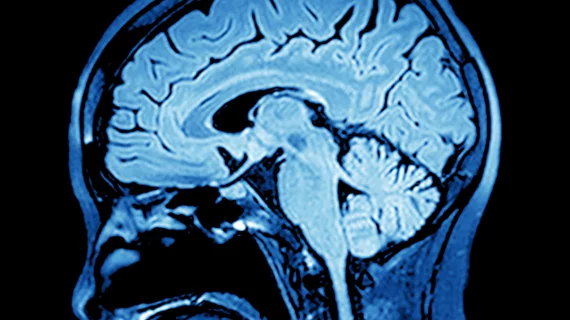Researchers are developing a modified MRI protocol to help treat brain hemorrhages
Researchers with the University of Texas Health Science Center at Houston are investigating how different MRI sequences can assist physicians in treating patients with brain hemorrhages.
The study is taking place at Memorial Hermann-Texas Medical Center. Muhammad Haque, PhD, assistant professor of neurology at McGovern Medical School at UTHealth Houston and the UTHealth Institute for Stroke and Cerebrovascular Disease, is leading the trial. His hope is that a special, modified MRI brain protocol could be superior to CT (the current standard of care for patients with brain hemorrhages) in deciphering between clotted and non-clotted blood.
“With this MRI sequence, we hope to see within the hematoma what percentage of the blood is already clotted and what percentage is in the liquid form. We will determine if patients with mostly clotted blood are less likely to see their blood expand,” Haque explained.
Hematoma expansion can put excess pressure on the brain and can cause severe damage. It requires additional interventions such as surgery, medications, therapies, etc. Haque estimates that the mortality rate of intracerebral hemorrhages can reach 30%-40%, with up to 73% of those patients’ hematomas displaying growth in a 24-hour period.
Understanding a patient’s likelihood of hematoma expansion would help providers with treatment planning, including placing lower risk patients back on their blood thinner medications.
“We are studying whether MRI can provide more complete information which could alter the clinical management of patients with hemorrhagic stroke. We seek to assist providers with information that will help them plan early interventions and might even eliminate unnecessary surgical procedures,” Haque said.
Their goal is to eventually conduct an extensive study of the imaging method once they've gathered enough data.

